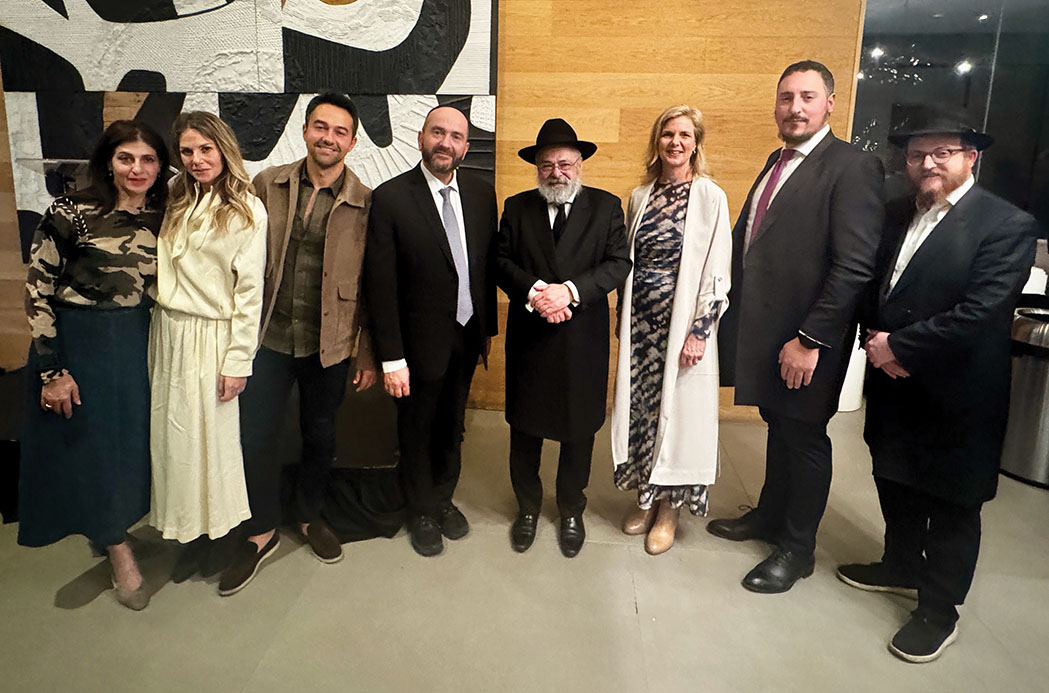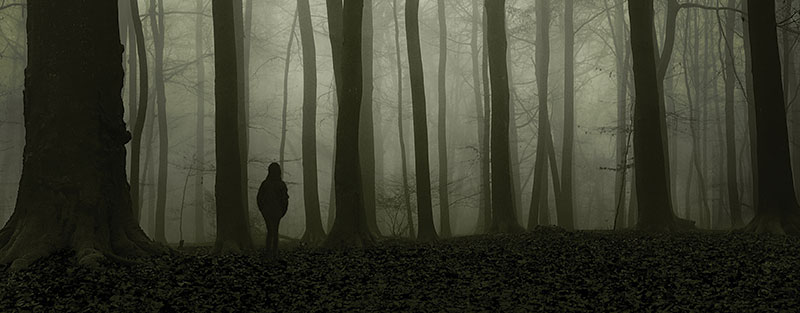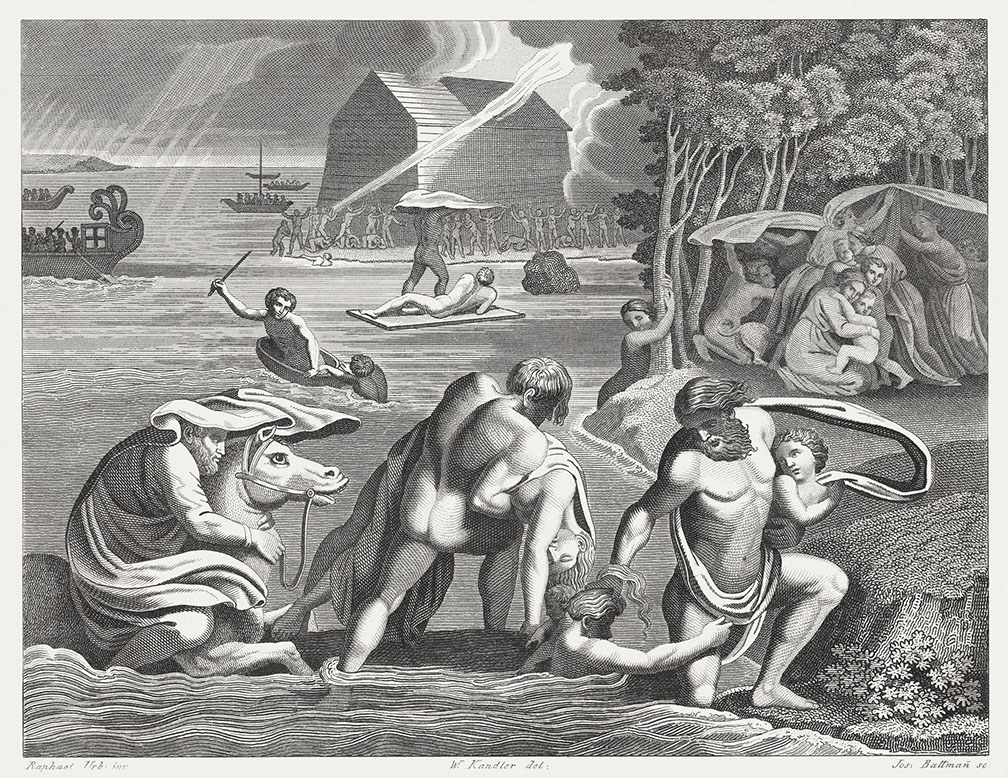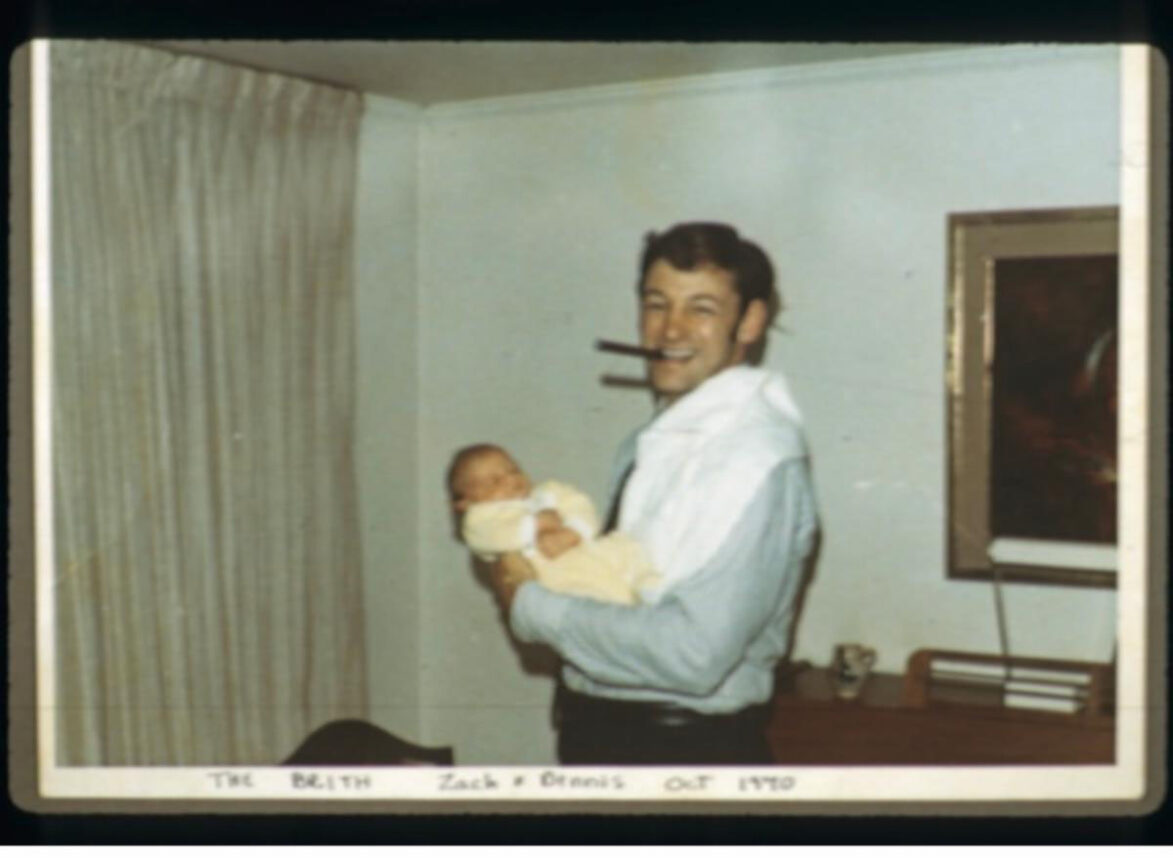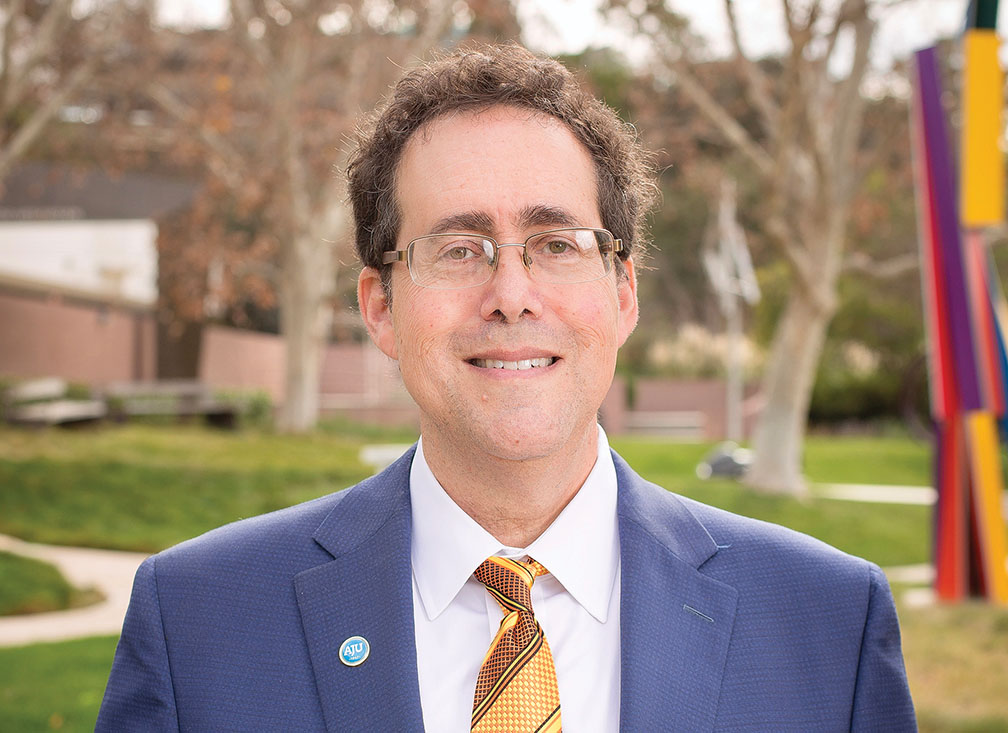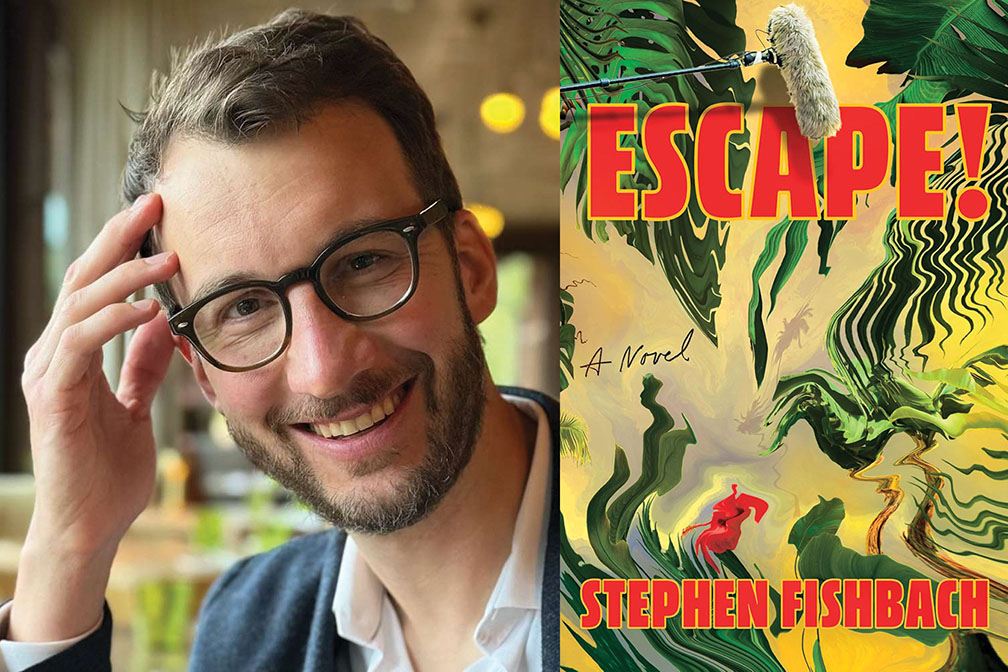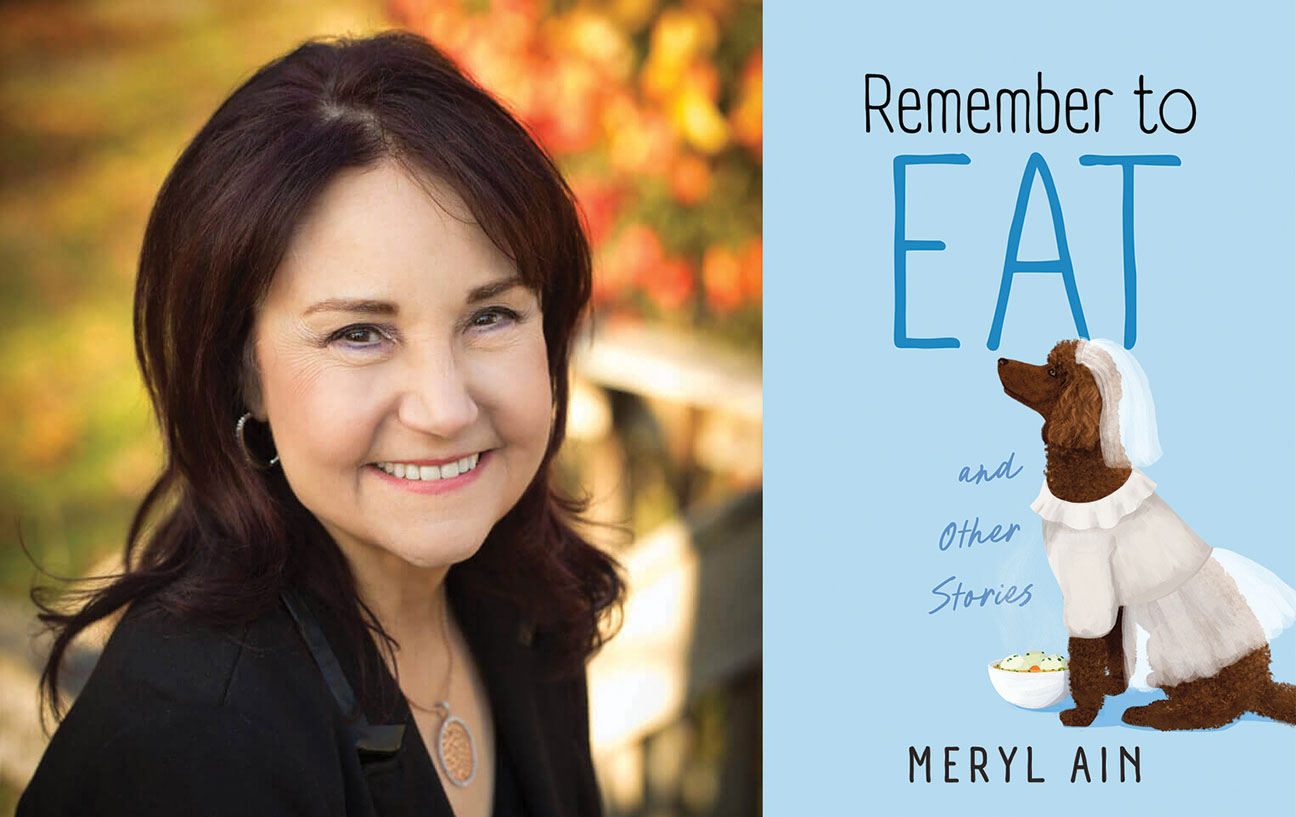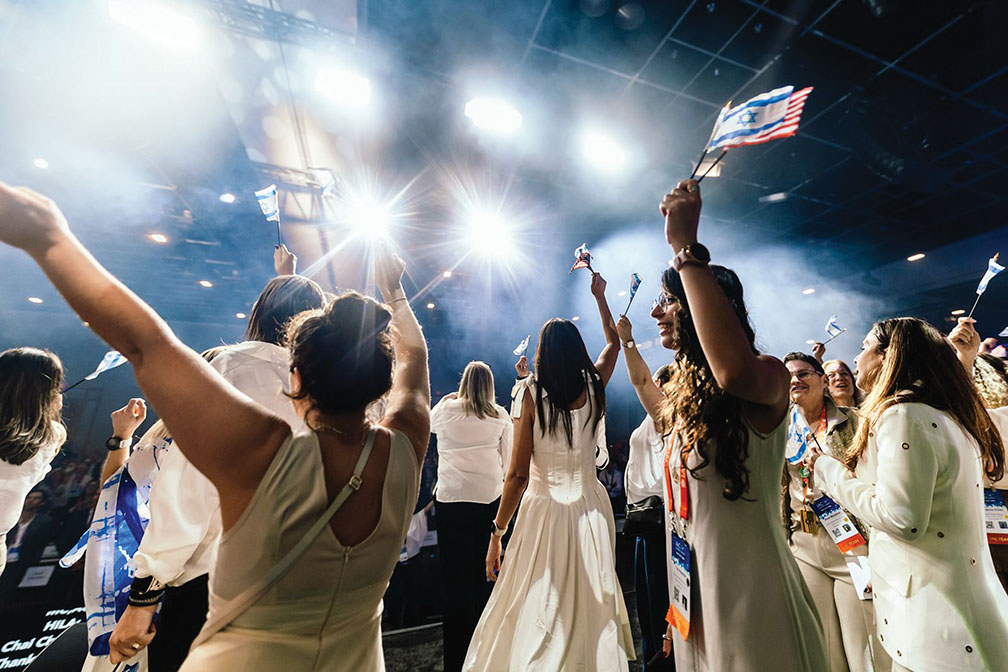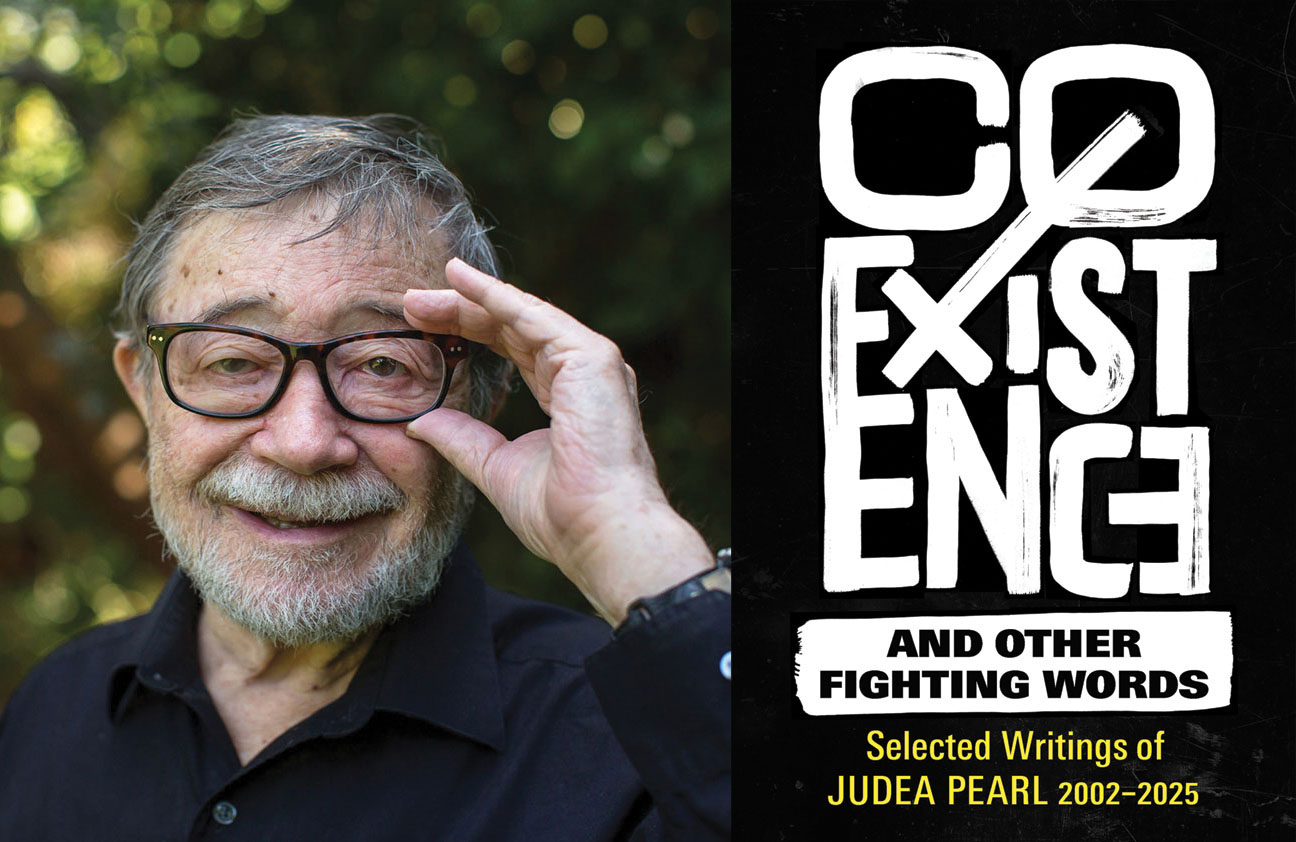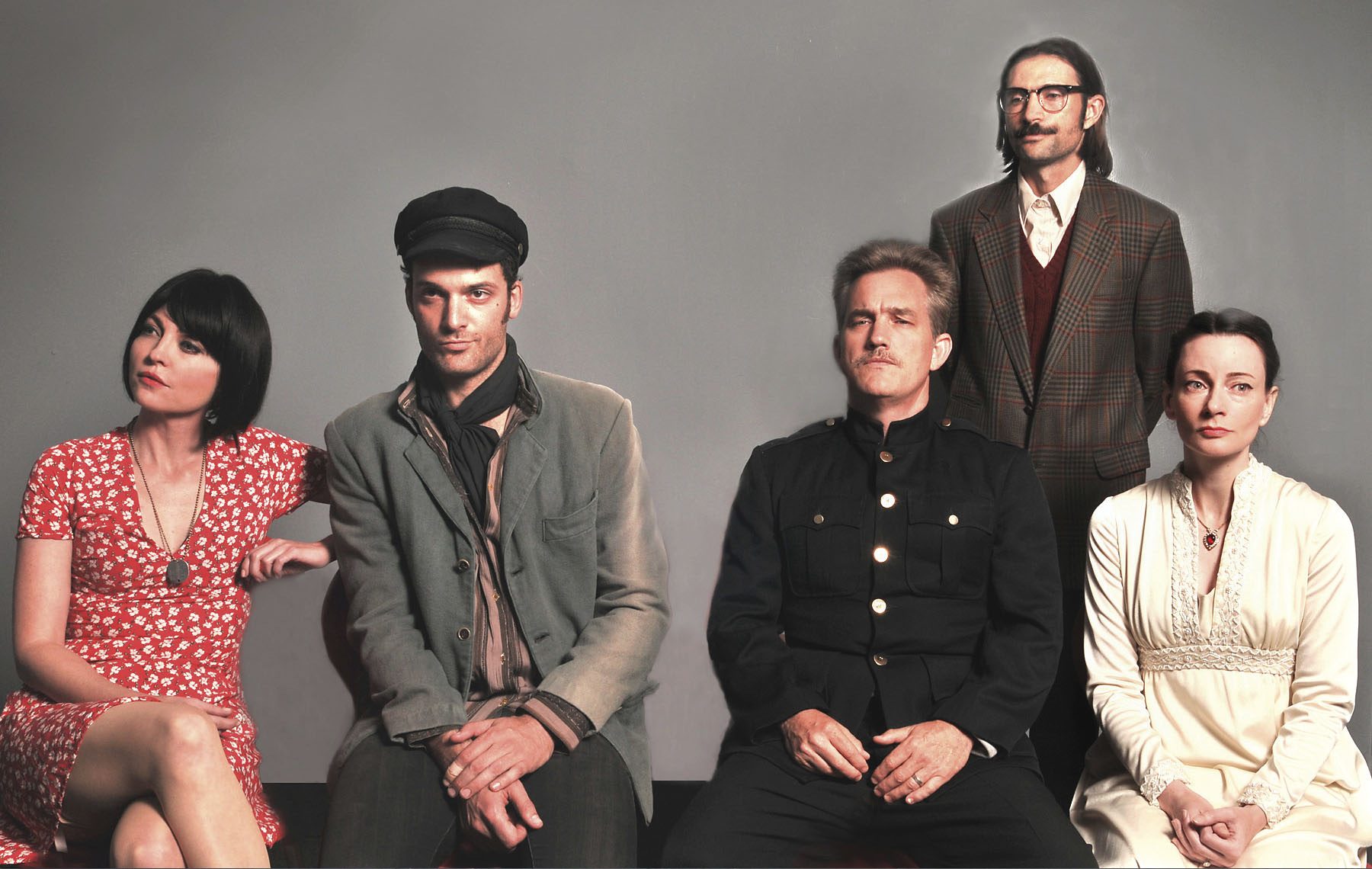
While most people are familiar with Soviet dictator Josef Stalin, the Russian poet Vladimir Mayakovsky is considerably less well known. Poet and playwright Murray Mednick delves into the lives and loves of the two Russian Revolution figures in parallel stories in his latest work, “Mayakovsky and Stalin,” a world premiere production now running at the Lounge Theatre in Hollywood.
In the play, the title characters never meet, but these complicated men have personal demons, ideological crises and romantic relationship troubles in common, and lives that are touched — or ended — by suicide.
Through conversations and vignettes, Mednick dramatizes Stalin’s marriage to his unstable, unhappy wife, Nadya, who shot and killed herself in 1932. The play also explores Mayakovsky’s relationship with his muse and lover, Lilya Brik, a married Jewish actress. The poet, who smoked, drank and womanized to excess and increasingly disagreed with the policies and ideals of the Soviet state, committed suicide in 1930 at the age of 36.
Mednick, who also directs the production, employs minimal staging and an unconventional structure, using photo projections to set the scenes. “It’s lyrical. It’s nonlinear. It goes back and forth in time. It’s impressionistic in that scenes follow one another in nontraditional ways,” he said, speaking to the Journal after a dress rehearsal.
He remembered first learning about Stalin in high school and did research about him over the years. As for the poet, “[I] was aware of Mayakovsky but I wasn’t as knowledgeable.” Mednick said. With the play, he hopes to educate audiences about them and the early days of the Soviet Union.
Another theme of the play is the plight of Jews under the Soviet regime, with the fear of pogroms and Stalin’s frequent purges a very real threat. Mednick wanted to convey “the horror that mankind is capable of. It’s been going on since the beginning of time — that’s what I’m trying to say.” He added that Jewish themes are prominent in most of his plays. “I’m a Jew. It comes out.”
Born in Brooklyn, N.Y., Mednick grew up nonreligious but strongly identifies as Jewish. “It’s very important to me,” he said. “When I was 5, I saw a Holocaust film and I have never forgotten it. I’ve written several Holocaust plays.” They include “Fedunn,” “The Destruction of the Fourth World” and “Mrs. Feuerstein.”
Several of the “Mayakovsky and Stalin” cast members are also Jewish, including Laura Ligouri, who plays Lilya Birk. She had worked with Mednick before on his “The Gary Plays” and he wrote the role with her in mind.
“I definitely had to research. It’s important when you’re playing a real person,” she said, noting that reading letters between Mayakovsky, Lilya and her husband, Osip, the poet’s publisher, were immensely helpful in her preparation.
Lilya is not Ligouri’s first Jewish character, having “stood up to the Nazis” onstage in “The Red Dress.” She also loves the challenge of playing a real person, which she does in the title role of the Amazon film “Hollywood Girl: The Peg Entwistle Story,” a bio of the actress who committed suicide by leaping from the Hollywood sign in 1932.
Daniel Dorr, who most recently played Romeo in “Romeo and Juliet” at the Hollywood Fringe Festival, eagerly took on the challenge of playing Mayakovsky. The German-born son of an Israeli father and mother of Polish-Jewish heritage, he grew up “pretty Reform” in Israel before he and his parents, an actor and an opera singer, moved to Los Angeles in 1996.
“[Mayakovsky was] a very conflicted man and had two sides to his personality. He had this soft, vulnerable, artistic side that he didn’t know how to express except with force. It was like he needed to escape from his own body,” Dorr said. “The rhythm of his poetry is very much how I imagine he felt as a person: very suffocated and stifled by what was going on.” Without much film or audio to help him prepare for his role, “I found his voice in the poetry,” Dorr said.
Serving as an omniscient Greek chorus that comments on the action and provides a vehicle for Mednick’s voice in the play, Max Faugno also portrays Jewish Soviets in conversations with Stalin. As a Jew, he also found the Jewish themes in the play particularly resonant.
“In this case, we’re dealing with pogroms and the thousands of Jews Stalin murdered along with everyone else he didn’t like,” Faugno said. “If it happened once, it will happen again unless some consciousness exists.”
Maury Sterling, who worked with Mednick previously in “Fedunn,” said he “couldn’t pass up the challenge” of playing all the complexities of Stalin.
“There’s so much information, you’re playing not only with your own ideas but the ideas other people have and things from books and movies,” he said. “But it boils down to the play we’re doing: Which Stalin is that? Putting all the elements together was a little tricky.”
Sterling’s research revealed that the dictator could be charming and was beloved by children, but his behavior was wild and psychotic. “He ordered his bodyguards not to disturb him in his private chambers, faked screaming in pain and when they entered, he killed them,” he said. “He murdered his friends.”
Not surprisingly, “with a guy like that, there’s not much you want to identify with,” Sterling said. “And if there was, I wouldn’t want to admit it in public.”
“Mayakovsky and Stalin” runs at the Lounge Theatre, 6201 Santa Monica Blvd., through Aug. 19. For information, visit plays411.com/stalin.










